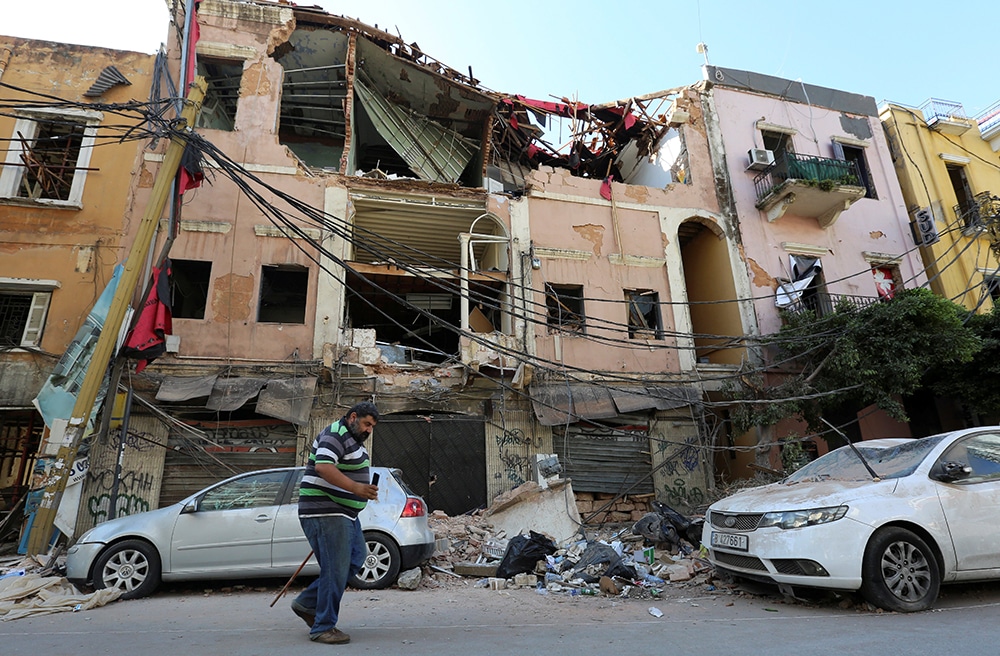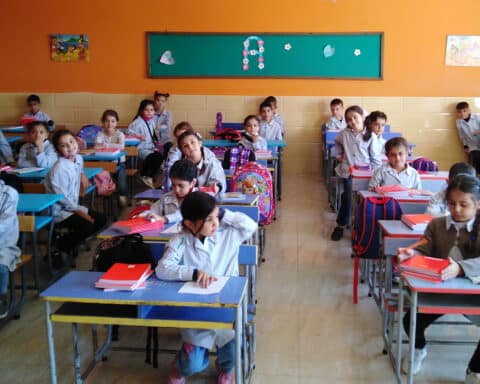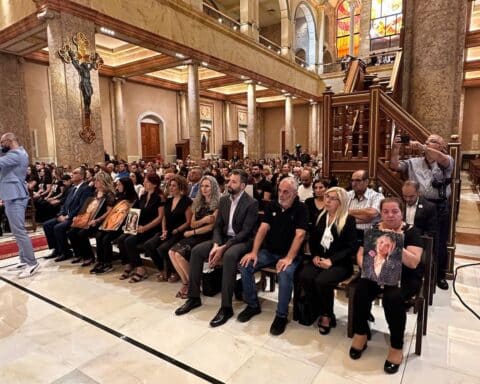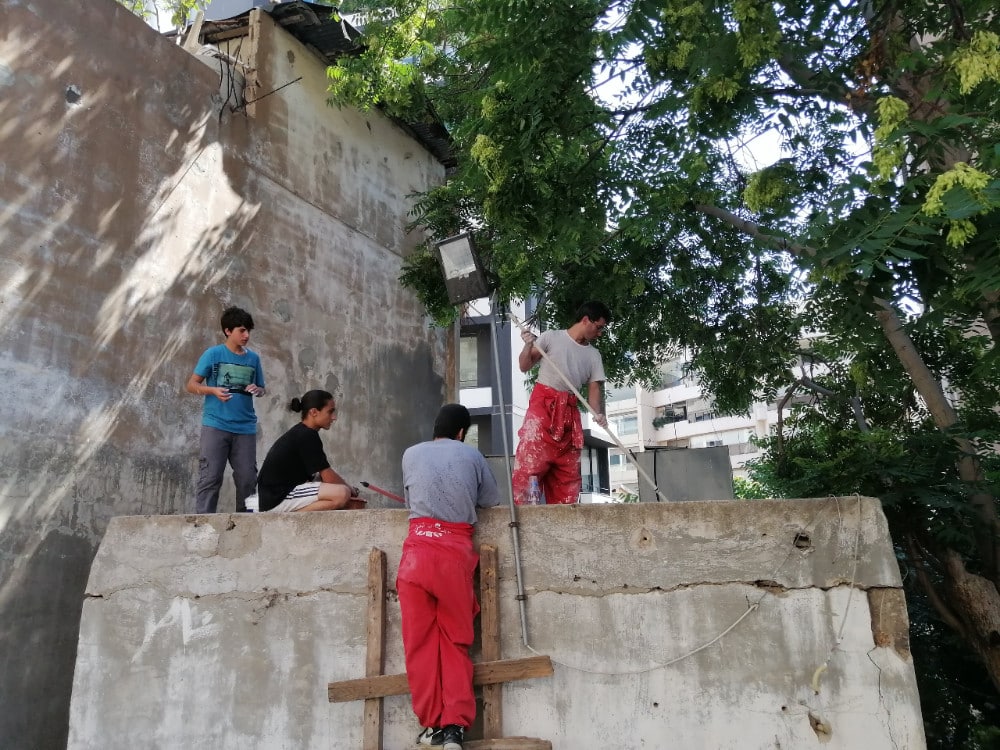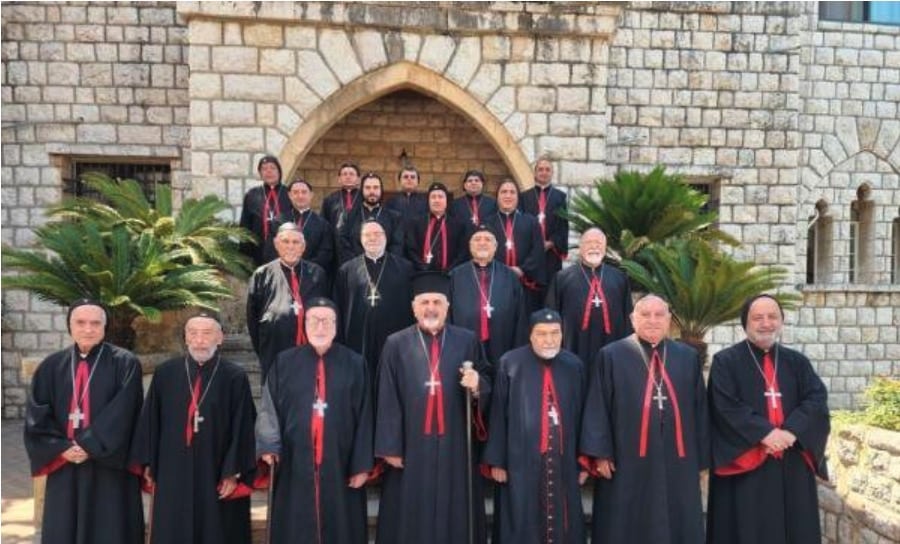It took less than a day after an explosion rocked the capitol of Lebanon, killing more than 130, wounding thousands, leaving 300,000 homeless, with 500 still missing, for bands of Lebanese youths to enter the streets with shovels, brooms, dust pans and lots of love, going door to door assisting Muslim and Christian alike. Although it may seem that this expression is overused, it is nonetheless true: the youth of Lebanon are a sight for sore eyes.
The youth were checking on the elderly, helping first responders bandage the wounded, serving Lebanese sandwiches to workers and showing that the Lebanon envisioned by the great leaders of the past is still the Lebanon of today, even though wounded once again.
One hundred years ago, it was the Maronite patriarch who led Islamic and Christian leaders to create modern Lebanon, a country that would be a welcoming refuge for all. The National Pact of 1943 insured once again that Lebanon would be a shared dream of the different communities. In the 1980s, even during Lebanon’s civil war, Pope St. John Paul II understood fully well and stated that “Lebanon is more than a country, it is a message for East and West.”
This is the Lebanon we have known. This is the Lebanon worth fighting for. This is the Lebanon worthy of her youth.
So, what can we do? From the tradition of the Church, we respond: prayer, fasting, almsgiving and we can add one more, advocacy.
When we pray for Lebanon and her people, we can also ask the intercession of Our Lady of Lebanon, patroness of the country, as well as St. Sharbel, her native son, to help preserve the people of this great land.
Lebanese Christians are used to fasting, and still have the practice to fast every Friday. We can join them, and also add Wednesday, as well.
We can give alms to those many Catholic charitable efforts. In fact, with a do-nothing government, it has been the Church that comes to the rescue. We suggest Caritas Lebanon and St. Vincent de Paul Societies, which are located all over Lebanon. Donations can be made by check, payable to the Eparchy of Saint Maron of Brooklyn and mailed to 109 Remsen Street, Brooklyn, NY, 11201, or on our website at stmaron.org/how-you-can-help.
And last, we can advocate to our members of Congress and Senate, and to the president, to support the sovereignty and independence of Lebanon, and to provide much-needed humanitarian support. We and several other religious leaders have advocated for a special envoy to Lebanon to help support the work of the U.S. ambassador to Lebanon, Dorothy Shea. A strong and neutral Lebanon supported by friends and allies will become a beacon of hope for its people, a bastion of democracy and a jewel of the Middle East.
These small ways will make a huge difference for Lebanon, and perhaps those faithful, hopeful and loving youth, cleaning the streets of Beirut, will not feel so alone.
Bishop Gregory J. Mansour is bishop of the Eparchy of Saint Maron of Brooklyn, New York. A. Elias Zaidan is bishop of the Eparchy of Our Lady of Lebanon of Los Angeles.

